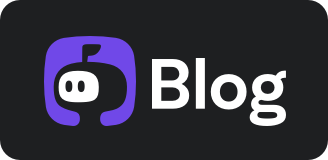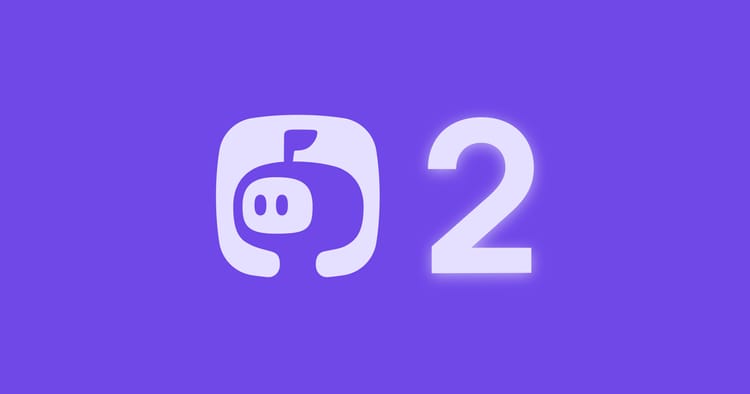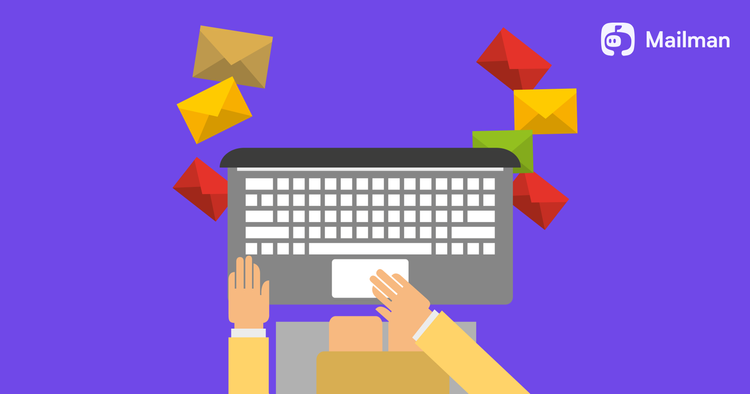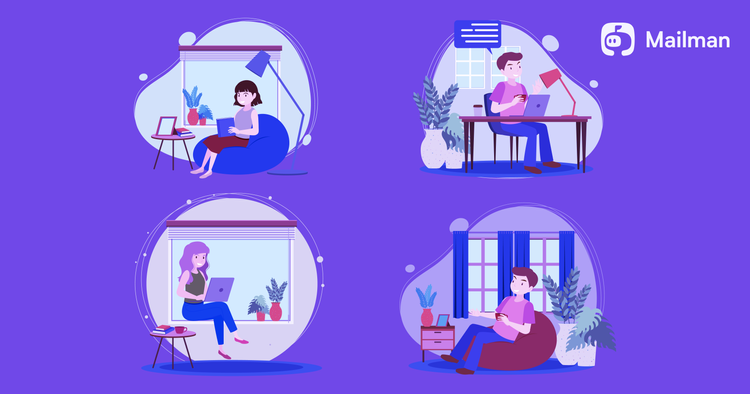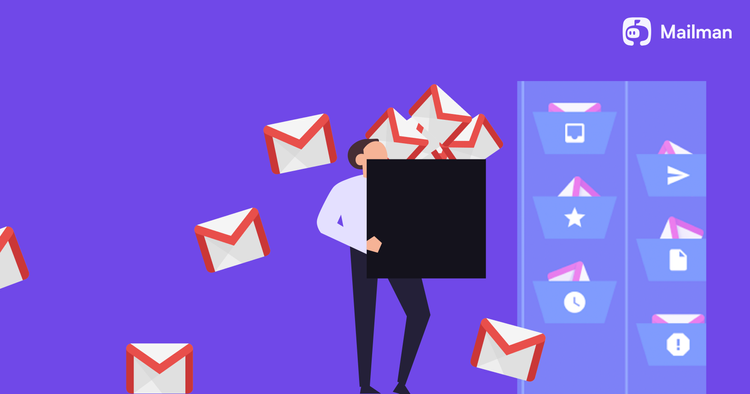How to achieve 4.5 hours of focused work everyday?
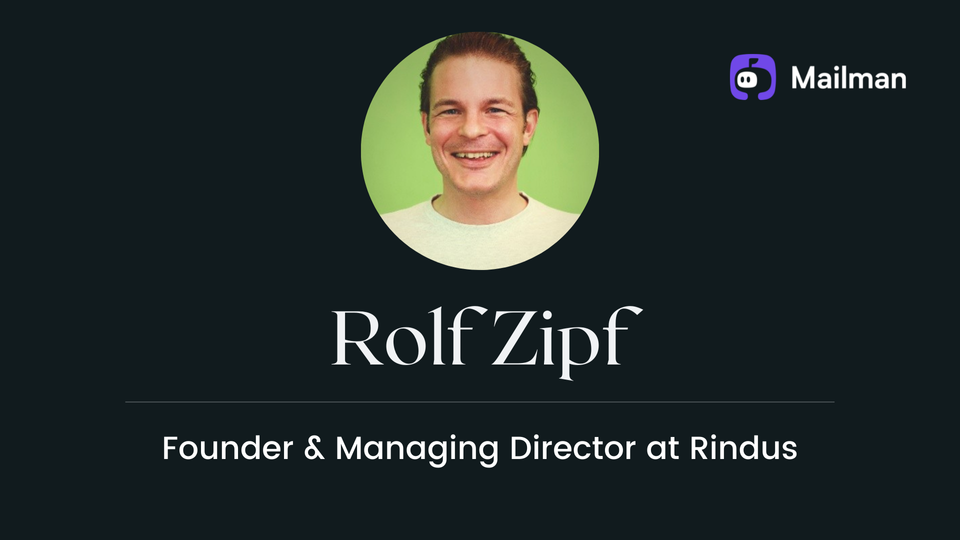
You must have heard the phrase “Survival of the fittest”, a phrase that originated from Darwinian evolutionary theory as a way of describing the mechanism of natural selection.
In the present technological distraction filled world, it won’t be wrong to say that it’s “Survival of the focused”. One who can deeply focus for hours without getting distracted can easily accomplish more than the unfocused.
Rolf Zipf of Rindus knows this quite well. On being asked about his mornings, he says “I have a period of 4.5 hours where I do not have any meetings, do not take any phone calls, no appointments in those hours. I dedicate these 4.5 hours to the most important projects.”
He further adds, “All my notifications are switched off. I check my phone once every hour, so it's my decision when to respond and not someone else's.
To be honest, it's a battle I have to fight everyday. People keep asking, "can we have this meeting in the morning?". But since I've made this deliberate decision that I need this distraction free time in the morning to do creative work, I'll do all I can to protect it.
Another important thing is to communicate this to everyone around you, your colleagues, your family, everyone who might need you during this time. They need to know your focus hours to be able to respect it.”
There is so much you can learn from his words above. But that’s not it. In our conversation, he shares how he started his company, how he spends his typical day, how he defeats the urge to get distracted, the art of saying ‘no’, not using a calendar, setting priorities and what he would do if he had 1 extra hour everyday.
Let's dive straight in!

Rolf introduces himself
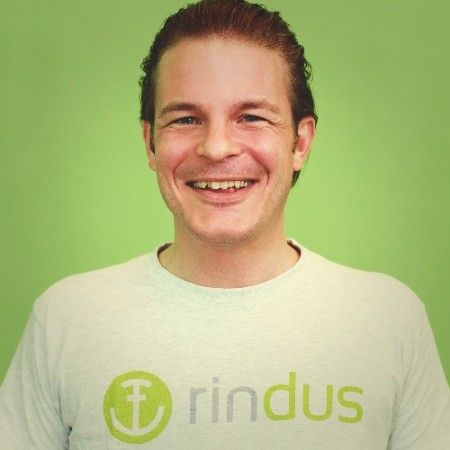
Hi I'm Rolf Zipf, founder of Rindus. If I had to tell you in one line what Rindus does, I'd say we make people excited about technology. Now to elaborate on that, if a company needs quality developers to add to their development team, they come to us and we give them quality developers they can hire permanently. The essential role we play here is we make the developer excited about the problem the client is trying to solve, establishing a strong connection between the two. That's because we're deeply convinced that if you want to create world class technology, you need to have a strong 'why'.
Rindus as a name is actually an acronym for "Remote Industrial Services". The website name was available so we went with it.
The logo of Rindus has an anchor. Which essentially means exploring and having fun. Besides, an anchor also stands for safety and stability. When you set the anchor, you're at one place and you're in safety. That means, we provide safety to our clients that our folks know what they're doing. The last meaning of the anchor, is that if you want to explore, you'll need to set off the anchor in order to explore. So the anchor is frequently lifted at Rindus, to explore new opportunities and possibilities for our partners.
Getting developers excited about a project
Whenever a client comes to us with a request for a feature. We ask them, "why do you think you need this feature?'. A typical answer would look like for A, B, and C reasons. What's interesting is, it's never for those A, B, and C reasons. So we ask further questions. "Why do you think reason A is important?". We keep on asking until we get to the real purpose of why something is being built. Once we completely understand, only then we can communicate and get the developer excited about working on it.
We believe the process of software development is the communication of naming what the actual purpose is and then going after this actual purpose. That's also the reason why we always go for long term engagements, because we need to completely understand the partner’s business to deliver value for them.
Journey so far
Originally, I have a business background. I started my career in management consulting, then I joined my 1st startup a long time ago. It was an IT company converted into a telecommunications company. Then I founded a company in asset management, did that for 8 and a half years.
By coincidence, I happened to start a company that was building software for a particular client in southern Europe. The learning I had from that back then, is that it's totally exciting to be in software development as it's a creative process and very much about craftsmanship. Most important of all, it's about people. One passion in my life is that I love working with people. In software engineering, I get to meet great talented personalities. It was in 2013 that I started working in software engineering and I've stuck with it since.
A typical day in his life
I'm a morning person. So I get up very early, which is around 4:45-5:00 in the morning. Then I do some language practice, reading, and meditate for a short period of time. All this helps me collect and focus myself, basically connecting with myself.
Then I have my breakfast and go to the office. I usually start work at 7, or 7:30 at the latest. Then I have a period of 4.5 hours where I do not have any meetings, do not take any phone calls, no appointments in those hours. I dedicate these 4.5 hours to the most important projects. Then I have 2 hours of lunch time with my family.
In the afternoon, my meetings start. Internal meetings, meetings with the partners, update meetings, decision making meetings and so on. These meetings go on till 6:30 or 7 in the evening. Then I'm done with the day. What this means is after 7, I don't make emails, my slack is closed, I don't respond to anybody except if somebody calls me for something urgent. After 7 I'm with my family or myself.
So I dedicate about 10-12 hours a day to Rindus. But everything is very focused. If I'm working for Rindus, I'm 100% there. If I'm not working, I'm not working at all. It's a relatively rigid organisation one might say.
Achieving 4.5 hours of focused work every morning
Right now, we work in fully remote mode. I don't have any colleagues around me. My phone does ring occasionally but it's set to silent. All my notifications are switched off. I check my phone once every hour, so it's my decision when to respond and not someone else's.
To be honest, it's a battle I have to fight everyday. People keep asking, "can we have this meeting in the morning?". But since I've made this deliberate decision that I need this distraction free time in the morning to do creative work, I'll do all I can to protect it.
Another important thing is to communicate this to everyone around you, your colleagues, your family, everyone who might need you during this time. They need to know your focus hours to be able to respect it.
How to defeat the urge to get distracted?
I just make myself aware that if I try to quickly check my email, there's a big chance I'll get drowned there. Basically, it's 2 principles. One is to write down every idea that I have. I use a task management system for that and I put everything that pops in my head in the inbox of this task management system. This way I make sure I don't have any loose ends in my head as I have them written somewhere. I go through that everyday when I find time for it, so they're definitely attended to.
That's also the reason I love Mailman as a software. A lot of my work is connected to writing emails. With Mailman, I can keep my inbox clean so I can work in a focused way. Since email is important for my work, it has helped me focus better and be more productive overall.
Planning a day
On my ideal day, I do the planning the night before. So when I go to bed, I'm clear in my head about my priorities for tomorrow. If I do this planning on the previous day, I get super productive the following day.
Sometimes when I'm not able to do it the previous day, then I do it first thing in the morning. But I prefer doing it the day before ideally. Something that I never do is sitting on my desk in the morning not knowing my top 3 priorities for the day.
Not using the calendar at all
I don't use the calendar to manage my time. Instead, I use Todoist. I just use it for myself, we don't use it for the team. As I believe everyone should have the freedom to use the tool he or she wants to. But I'm an ardent fan of Todoist. I have been using it for years and I can't imagine working without using Todoist.
I follow the "Getting things done" book by David Allen. I think this is one of greatest books I've ever read. I'm continuously working to master the ideas behind it. I dare to say that over the past 15 years, I have come a long way in doing that. I'm improving continuously in getting things done.
I think the Todoist app and the "Getting Things Done" philosophy go very well together.
On feeling low
That does happen and there are reasons why my energy is low on some days. It can be a bad experience or bad encounter with someone. In such cases, I just accept it.
I simply tell myself, this is going to be a day that I just need to get through. Basically lowering my expectations for the day, this makes me feel good even if I get a little something done. I try to satisfy myself by doing a little.
On some occasions it's more physical than mental. In such cases, I go for a 5 min walk around the block to refresh my energy. I also drink coffee, so that also helps.
Sometimes, I just try to do something different. For example, opening Spotify and playing music I'm not used to listening. Like punk rock or something like that. Basically, trying to bring in some change to help me feel that energy when I'm feeling low. These are some things I do when I'm having a low energy day.
Deciding top 3 priorities for the day
The way I do it is, I work with overarching plans. I have my priorities set for 2021, for the entire year. Then I have these weekly reviews where I look at what I've done in the past week and what I'll do the following week. When I do these reviews, I realize I have worked for 3 people but I'm just 1.
Therefore, I've to make the deliberate decision to drop stuff. That's where saying 'no' becomes important. Every 'no' that you say is a yes to yourself. The hardest part about this is saying, "I'm not going to take care of this". But that's what I do every week and every day. By doing that I'm able to focus better on things that matter to my life and to my goals.
In my opinion, it's really hard to stick to your long term goals. Your long term goals are so far away and they slip through your hands so easily. The only way to avoid this is having overarching plans like weekly reviews, monthly reviews and then your yearly reviews to keep yourself on track.
The art of saying 'no'
The most important part about saying a 'no' is being empathic. Putting yourself in the other person's shoes. Trying to understand what your 'no' would mean to them. If possible, try to propose a different route by which the other person can still accomplish their goals. Very often it's possible to say that "look, I can't do this right now, but why don't you ask X or ask Y or why don't you research on this". This way you can help people, even without spending a lot of time and energy. It's just about making them aware of alternative routes.
Time management mistakes he’s made
The most frequent mistake I make is not saying 'no' enough and letting my to-do list pile up. I overload myself, that's one of the worst mistakes that I do.
Another big mistake I make is not having a clear sense of objective. Like in Quality Assurance in Software Engineering, there is this definition of "done". That is, when do you consider a task done to a sufficient level of quality? In our day to day life, we often ignore the objective behind a task and our entire focus is on completing it.
I admit that sometimes I take over tasks without having a clear picture of what is the actual objective I'm doing it for. When that happens, the chances are very high that I'll be dissatisfied with the end result.
One extra hour every day
If I had an additional hour in my day, I'd spend it learning. I would join a class on Udemy, read reference material, and practice doing something. I believe learning is the activity that pays most in the future but easily gets lost in our day to day activities.
Even in my day, learning is something I do not find or reserve enough time for. So every additional hour I get, I would spend it on learning and upskilling myself.
How to reach Rolf?
The best way to reach me is on LinkedIn or you can simply email me and I'll definitely respond.
